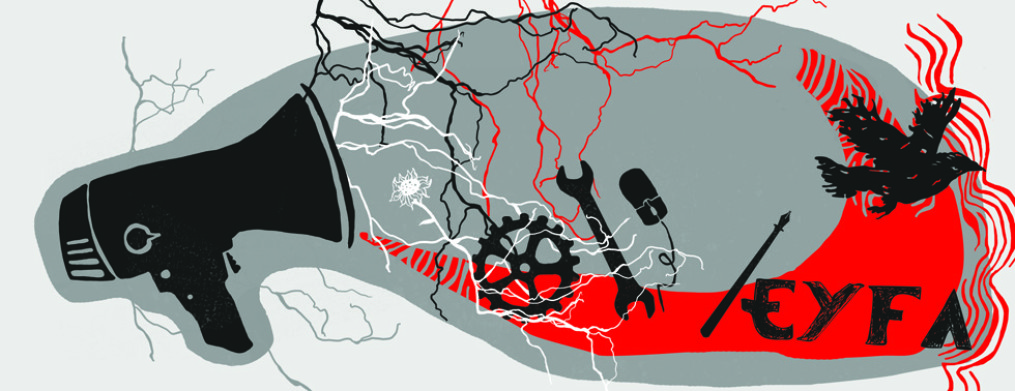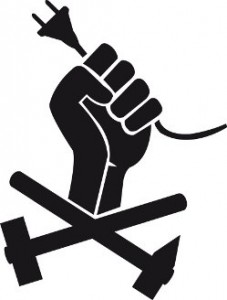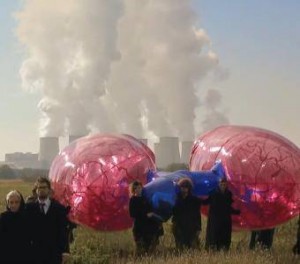8 – 16 November
Ecodharma, Catalunyan Pyrenees
In whatever ways we envisage contributing to the wellbeing of our world, it’s likely to mean collaborating with others. But groups are not always easy. They can feel frustrating, draining and unproductive. Meetings drag, personalities clash, power conflicts arise, chaos reigns and all this gets in the way of achieving what the group or organization set out to do at the beginning.
This training, set in a wild and remote part of the Catalunyan Pyrenees, will help you to learn how to better collaborate, co-exist, organize, communicate and make decisions together. Whether you are already working or living in a group or wanting to initiate something, this course will help you set up conditions for ongoing collaborative work.
Costs are on a sliding, needs-based scale from 200 – 850 euros for this 8 day residential training.
For more information visit www.ecodharma.com/courses-events/2014/10/08/transformative-collaboration
 The people on Vulturilor have been evicted on Monday, Sept 15, by court officers assisted by riot police. After a first night spent in the street, in front of their former homes, and while some former tennats were protesting in front of Bucharest City Hall, around noon on 16.09., policemen of the local force moved on Vulturilor 50. They loaded in vans and transported to an unclear location the belongings which had been stored on the street by former tenants. The evicted were expected to relocate, separately, to men’s and mother-and-children night shelters, a provisional solution which they refused. So far, local authorities have been uncooperative about long-term solutions or genuine relief for those left homeless. –
The people on Vulturilor have been evicted on Monday, Sept 15, by court officers assisted by riot police. After a first night spent in the street, in front of their former homes, and while some former tennats were protesting in front of Bucharest City Hall, around noon on 16.09., policemen of the local force moved on Vulturilor 50. They loaded in vans and transported to an unclear location the belongings which had been stored on the street by former tenants. The evicted were expected to relocate, separately, to men’s and mother-and-children night shelters, a provisional solution which they refused. So far, local authorities have been uncooperative about long-term solutions or genuine relief for those left homeless. – The people on Vulturilor have been evicted on Monday, Sept 15, by court officers assisted by riot police. After a first night spent in the street, in front of their former homes, and while some former tennats were protesting in front of Bucharest City Hall, around noon on 16.09., policemen of the local force moved on Vulturilor 50. They loaded in vans and transported to an unclear location the belongings which had been stored on the street by former tenants. The evicted were expected to relocate, separately, to men’s and mother-and-children night shelters, a provisional solution which they refused. So far, local authorities have been uncooperative about long-term solutions or genuine relief for those left homeless. –
The people on Vulturilor have been evicted on Monday, Sept 15, by court officers assisted by riot police. After a first night spent in the street, in front of their former homes, and while some former tennats were protesting in front of Bucharest City Hall, around noon on 16.09., policemen of the local force moved on Vulturilor 50. They loaded in vans and transported to an unclear location the belongings which had been stored on the street by former tenants. The evicted were expected to relocate, separately, to men’s and mother-and-children night shelters, a provisional solution which they refused. So far, local authorities have been uncooperative about long-term solutions or genuine relief for those left homeless. –



